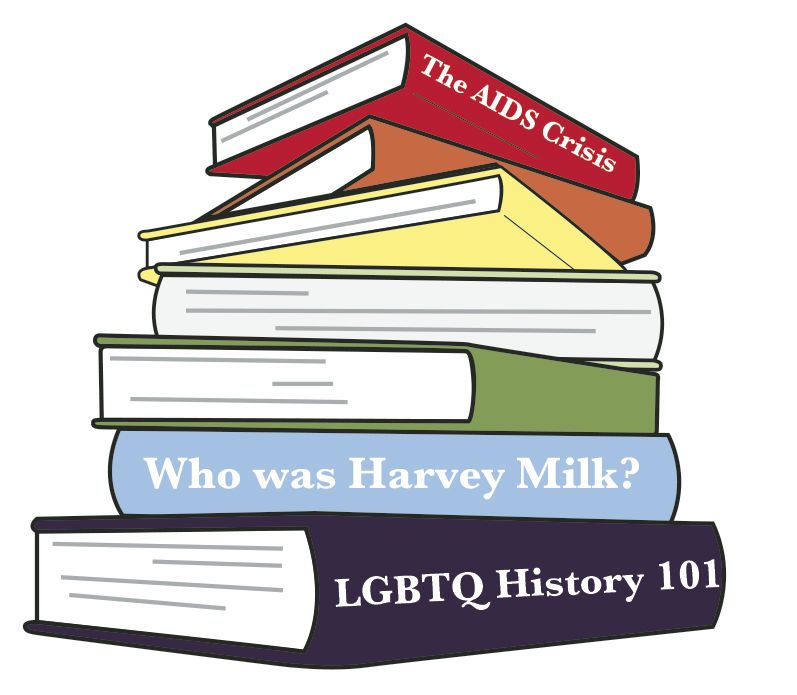It’s time to teach LGBTQ history
It’s time to teach LGBTQ history
September 25, 2017
California’s Fair, Accurate, Inclusive and Respectful Education Act was passed during the 2011–2012 school year and requires the state’s public schools to teach LGBTQ-inclusive history. However, the law was not implemented until the 2016–2017 school year.
Students now are taught a comprehensive view of the LGBTQ community’s struggles and achievements, including lessons on Don’t Ask, Don’t Tell, Harvey Milk and the targeting of gay men during the Holocaust. This may sound like just another lesson in making sure the public education system is as comprehensive and unbiased as possible, but California is the first and only state to do this.
Harvey Milk, the riots at the Stonewall Inn, the first openly gay Congressman Gerry Studds, One, Inc. v. Olesen, the first Supreme Court case to rule in favor of LGBTQ publications, and many other major moments and figures in LGBTQ history are not even blips on the radar screen of high school history courses. This lack of representation is the case for a shocking number of young LGBTQ students right now. Their history is not in the textbooks.
According to a 2017 survey published by GLAAD, 20 percent of people ages 18–34 identify as lesbian, gay, bisexual or transgender. While there is less data on those under 18, a 2017 study conducted by J. Walter Thompson Intelligence found that less than half of teenagers currently between 13–18 identified as completely heterosexual. Even conservative estimates say there is at least one LGBTQ student in every classroom in America. Not teaching their history is a disservice.
These statistics point to a self-perpetuating cycle. Not teaching a group of people their own history could mold them to be complicit in their own oppression and—in the cases of many LGBTQ people—their own deaths.
Though the first cases of AIDS were reported in 1981, former President Ronald Reagan did not use the word “AIDS” publicly until 1985, and he did not give a speech on the epidemic until May 31, 1987. By then, more than 20,000 Americans had died from the disease. Refusing to teach this history only entrenches stigma even more deeply and allows government failures of that era to escape scrutiny.
Young LGBTQ people deserve to know their own history. Their rights, agency and, ultimately, lives depend on not remaining silent in the face of oppression throughout the past and present. Until legislation is passed in every state in the country, it is up to the LGBTQ community to know and teach about those who paved the way, both for their sake and the sake of those who need to understand and accept them. Nobody can learn from history they were never taught.








